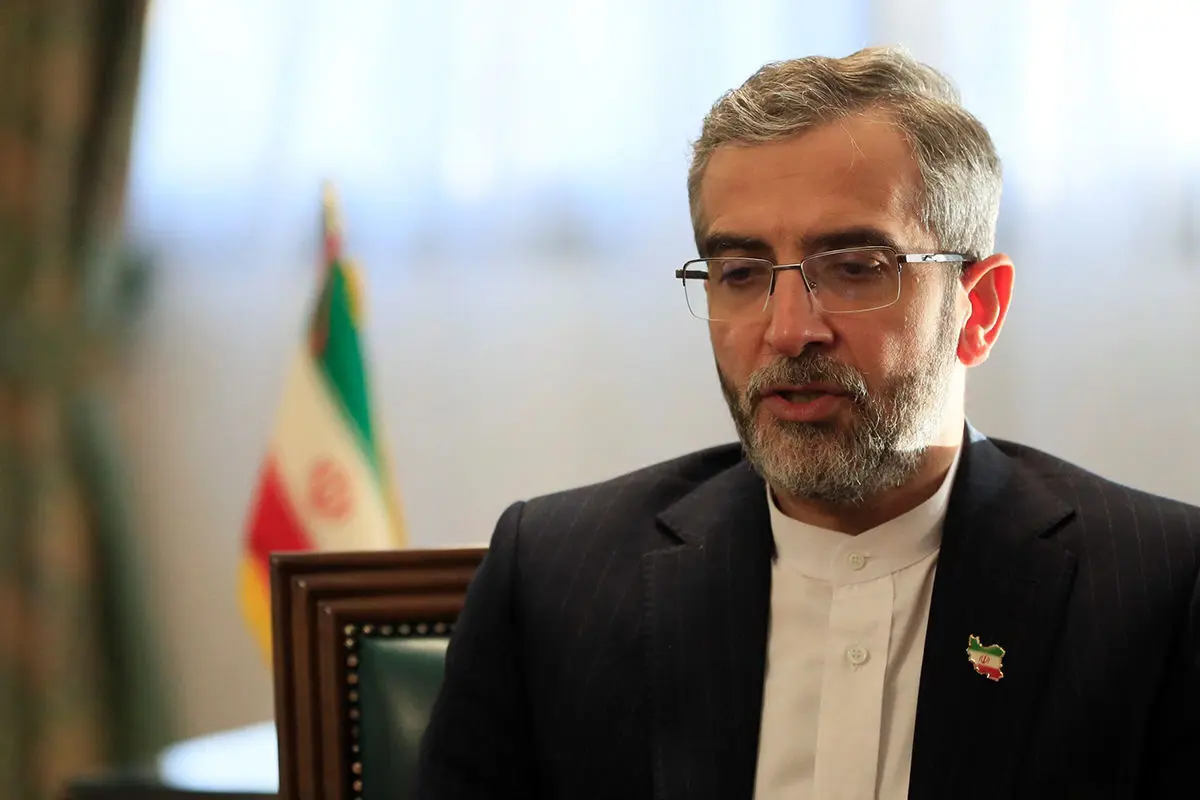JCPOA signatories continue exchanging message: Iran negotiator

Iran’s top negotiator Ali Bagheri Kani has underscored that the talks on the revival of the 2015 nuclear deal continue in the framework of exchanging messages between the negotiating teams of the signatories of the agreement.
Bagheri Kani made the remarks in an interview with Lebanon’s al-Manar TV network, noting that the talks have been underway in the past one and half years; although the pace of the negotiations has changed, the P4+1 group (Britain, France, Russia, China plush Germany) and Iran continued consultations in the framework of exchanging messages.
Asked about the exchange of messages between Iran and the Western states in particular the US, he noted that Tehran does not have any direct talks with Washington, so messages are being exchanged through mediators such as Europeans or non-European countries.
The Iranian deputy foreign minister for political affairs went on to say that after US President Joe Biden commented on the death of the Joint Comprehensive Plan of Action (JCPOA), some American officials interviewed on the negotiations and that the talks are underway in the form of exchanging messages in practice.
Regarding the redlines of the Islamic Republic, he said that the removal of sanctions and the guarantees for economic benefits of the revival of the JCPOA are among the redlines of Tehran and that the anti-Iran sanctions are among the main issues, which should be resolved as well.
The nuclear talks are about lifting anti-Iran economic sanctions in line with the 2015 agreement; thus, the new embargo imposed by the Trump administration must be lifted, he said, adding that the Islamic Republic has expressed readiness to help finalize the negotiations for reviving the JCPOA in case the other sides observe its redlines and interests.
Elsewhere in his remarks, the diplomat pointed to the fact that the administration of President Ebrahim Raisi tries to expand ties with the neighboring and regional states based on good neighborliness, which is obvious in the improvement of ties with Kuwait, the United Arab Emirates, Tajikistan, and Turkmenistan. Moreover, several rounds of talks between Saudi and Iranian delegations have been hosted by Iraq, and Riyadh and Tehran plan to continue negotiations in line with their considerations.
As to the so-called normalization of ties with the Zionist regime, Bagheri Kani said that the move by the Zionists is not an active initiative but a reaction to their internal problems. Recent polls by some Western institutes show that around 80 percent of the people of littoral states of the Persian Gulf, as well as the northern African countries, are against the normalization of relations with the Zionist regime.
About the war between Ukraine and Russia, he argued that the Islamic Republic has relations with different states around the world and that Iran has announced that it pursues a neutral stance in the face of the conflict, and the Islamic country will not support any side of the war.
Touching upon the West’s role in the recent unrest in Iran, he said that the Western states had miscalculations on the developments inside Iran; however, they are not able to embark on any major action against the Islamic Republic.
